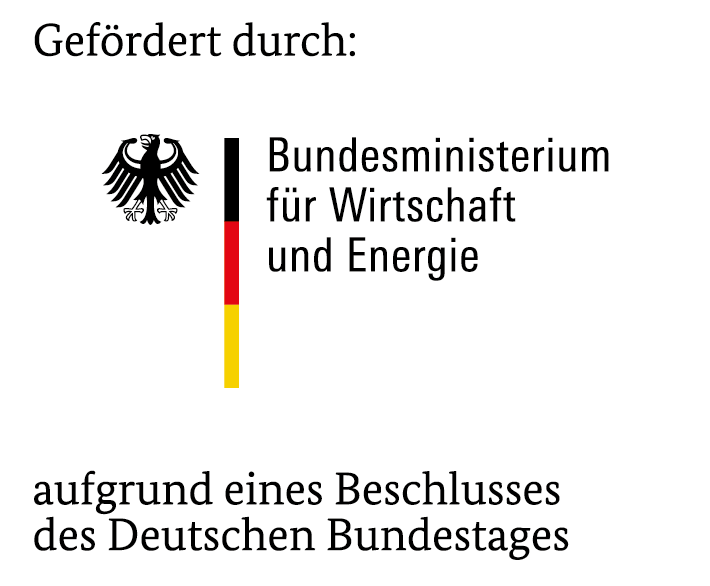It is not known what effect a change from fuel oil, which is rich in aromatic hydrocarbons, to fuels with a low aromatic hydrocarbon content has on the function of the elastomer seals, the stability of the tanks and other plastic components. Negative consequences can be, for example, the washing out of additives added to the plastics, change or destruction of the molecular structure of the polymer or the initiation of stress cracks in the material due to the migration of the substances absorbed by the plastic during swelling.
The aim of the research project is to create the necessary basic knowledge about the behaviour of plastics under such an alternating load. This basic knowledge is a prerequisite for the derivation of measures that ensure the trouble-free use of EL heating oil, low-sulphur with proportions of paraffinic fuels or of pure synthetic predominantly paraffinic fuels in oil heating systems. This includes, for example, the adaptation of standards and the assignment of approval conditions for new tanks.
Research Agencies:
OWI Science for Fuels gGmbH
IKV Institute for Plastics Processing in Industry and Trade at RWTH Aachen University
